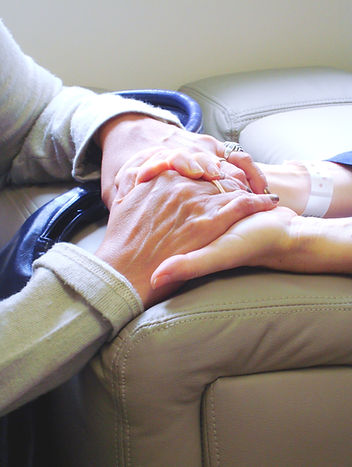top of page

Comprehensive
post stroke care
At Jovimed we strive to provide the patients with a comprehensive post-stroke therapy.
Stroke rehabilitation requires a coordinated effort from professional staff as well as the patient.
Patients may arrive at Jovimed following one of the following two types of stroke
-
Ischemic stroke – when a blood vessel in the brain form blockage or clot.
-
Hemorrhagic stroke- an artery in the brain breaks open.
A stroke survivor may suffer from various disabilities:

Paralysis
The most common disability paralysis affects the arm, leg and face movement on the side of the body opposite the side of the brain damaged. Consequently, Stroke patients may have difficulty time walking or grabbing objects. Other patients, depending on the area of the brain damage may experience problem swallowing, movement coordination, and balance.

Swallowing Problems (dysphagia)
Stroke may impair your ability to use the muscles in your mouth and throat to the point that the patient is not able to swallow.
In some cases, tube feeding (PEG) may be necessary.
Incontinence Problem
Stroke often cause sensory deficits. As such it is fairly common for patients to lose the ability the sense the ability to urinate. Until such time that the patient regains sensory capacity, the usage of pampers may be needed.
Speech Difficulties (Aphasia)
Around ⅓ of the patients suffering from a stroke will experience language impairments. This condition known as Aphasia is due to the damage in the language control center located on the left side of the brain.
Depending on the severity and the location of the brain damage, the patient may not be able to say or write a word he has in mind, in other cases the patient is not speaking coherently and in extreme cases patient may not be able to understand the language.

Emotional Disturbance and Cognitive Decline
The decline of the cognitive skills often caused by the stroke is the cause for frustration, anger, and depression. In some cases, the stock itself is the cause for the clinical emotional problem. Often, patients need to be administered medication to deal with the depressive state.
Patients and Medication
Stroke patients need rehabilitation to restore lost functions, but the most important use of drugs is to control risk factors and prevent re-stroke.
Our staff takes full care of the appropriate administration of drugs for the individual needs of each resident.
bottom of page
.png)